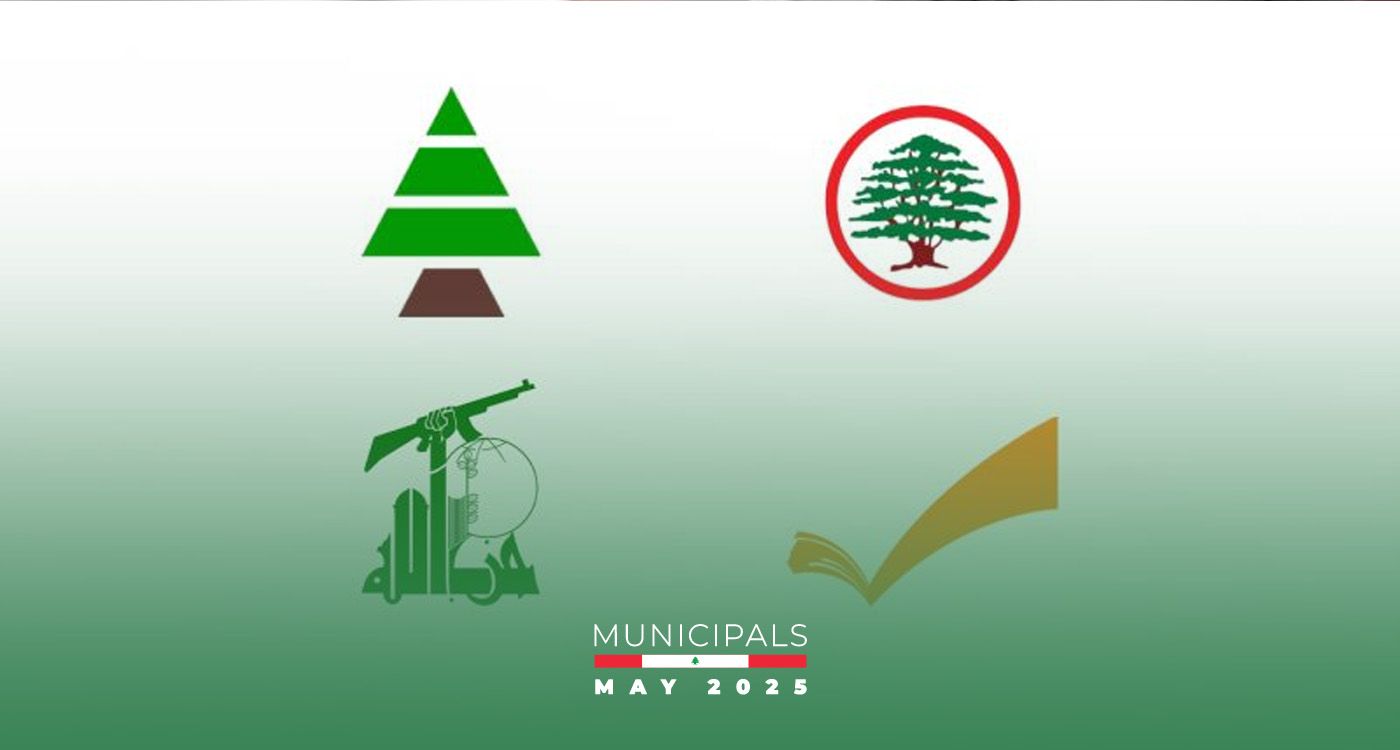
The municipal elections, even indirectly, will have a significant impact on the upcoming parliamentary elections. Many of these coalitions may not endure, but they reveal how political actors are positioning themselves—not just in relation to their allies, but more tellingly, to their rivals.
In Metn, the alliance between the Free Patriotic Movement (FPM) and MP Michel Murr now appears firmly in place. But it carries deeper political meaning; it is a clear message to MP Elias Bou Saab, a former FPM member, that the Orthodox seat is no longer his by default. The party is clearly backing another Orthodox candidate with comparable electoral clout in the district.
A similar strategy is unfolding in Keserwan, where the Farid Haykal El Khazen–Neemat Frem alliance seeks to secure two seats, while simultaneously creating space for a potential alliance between the Lebanese Forces and Mansour Al-Bon. This reshuffling sets up a direct and competitive battle in the region, forcing the Kataeb and FPM to fight hard to preserve a fifth seat.
But while the Lebanese Forces have successfully aligned with Al-Bon in Keserwan, replicating that strategy elsewhere has proved difficult—particularly in Jbeil, where longstanding tensions with traditional independents persist. In that district, the party is engaged in a fierce and highly publicized contest with former MP Farès Souhaid, a historical opponent since the fallout over Michel Aoun’s presidential election. The rift has never healed and continues to shape both municipal and parliamentary confrontations.
In Batroun, however, the Lebanese Forces struck a deal with Majd Harb, laying the foundation for a broader electoral alliance in 2026.
Meanwhile, the Sunni scene remains fragmented. And in the Shia-majority municipalities along Baabda’s coast—areas hit hard by the recent war—an unusual trend emerged: most councils were elected unopposed. Two factors help explain this. First, the local political apparatus affiliated with the Hezbollah–Amal alliance is still reeling from the aftermath of the conflict. Second, the Shia duo seems intent on avoiding municipal battles, opting instead to ease internal pressure and stabilize their strongholds ahead of the reconstruction phase.
Taken together, these developments offer a preview of the political terrain heading into the next legislative elections: Christian repositioning, Sunni fragmentation, and Shia stagnation. Meanwhile, the Druze community is focused on existential concerns that reach far beyond Lebanon’s borders—particularly as the conflict in Syria intensifies.
Thus, the political scene is taking shape, far from the petty disputes that dominate candidates’ campaign platforms.



Comments